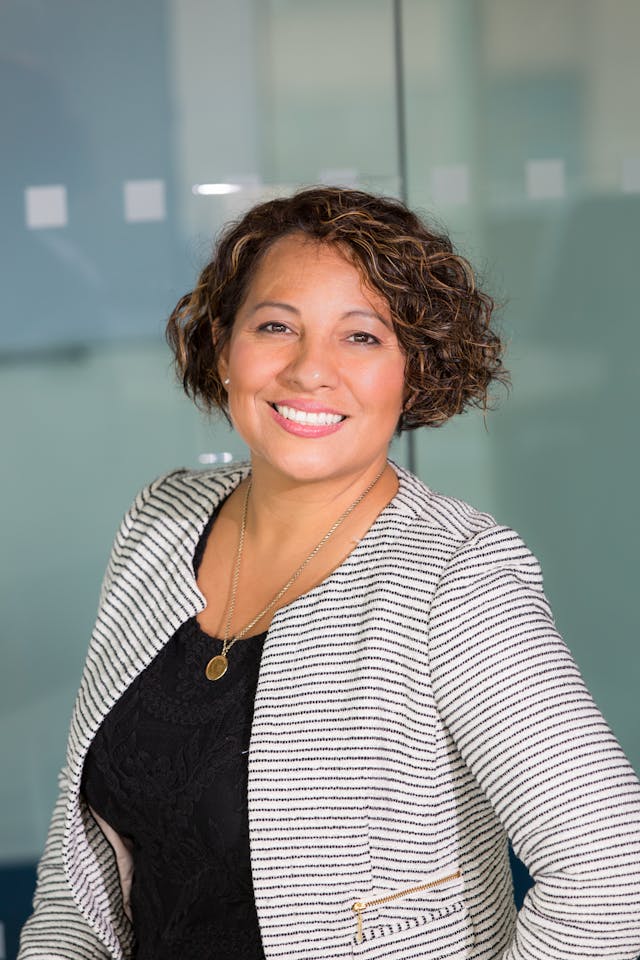Term Loans
- Same Day Funding
- $10,000 to $5 Million
- 6 Months - 10 Years Terms
Our Features

Simple Application
Our simple 15 second online application can get you matched with offers in minutes.

No Minimum FICO
Bad credit? No problem! Most of our top financing options have no minimum FICO.

Larger Amounts
Get matched with the best financing options with the highest funding amount.

Same Day Funding
Our Fintech Speed can get you in and out of Underwriting in just a few hours, and same day funding!
What Do You Need To Qualify?

3+ Months in Business
You can qualify for our top financing options with as little as 3+months in business.

$5,000+ Monthly Gross Sales
The minimum revenue to qualify for financing options are $5,000 per month, or $60,000 in annual gross sales.

No Minimum FICO
We have financing options for all credit profiles. There is no minimum FICO score required to apply.
The question of “How do small business loans work” is the natural question when deciding on growth possibilities or starting a small business.
Small business loans allow existing or startup companies to borrow money from various lenders. Various loan types exist to help entrepreneurs meet different goals. The way each loan works depends on the type of loan.
Maybe you’ve come up with that product that has the market beat. Or, maybe you need a piece of equipment that would tip your business’s growth over the top. Or, maybe outstanding invoices have you in need of funds for operating costs. Whatever it may be, it may be time for a loan.
What is a small business loan?
Term Loan
Equipment Financing
Accounts Receivable Financing
Merchant Cash Advance
Business Line of Credit
Have Questions?
Speak with a Air Drop Loans
Financing Advisor today!
Call Now: (307) 278-1142

Requirements to Apply for Small Business Loans
Credit Scores
Business Banking Records
- It’s ideal to maintain a steady balance with regular deposits to demonstrate consistent revenue and responsible financial management.
- Avoid overdrawing your account and set up overdraft protection.
- You may want to ask for a bank reference from your company’s banking institution. It could go a long way in convincing a lender.
- Of note, most lenders like to see companies in business for at least 6 months, so you may be asked to show time in business as well.
- Gross margin
- Cash flow
- Debt to equity ratio
- Accounts payable and accounts receivable
- Earnings
Monthly Sales Volume or List of Collateral and Assets
Benefits of Small Business Funding
So, what type of funding do you need? Wondering “where can I go to get a small business loan for a new business?” Small business loans can help you reach many of your business goals. They can help you keep control of your profits and business, avoid problems with loans from family or friends, and protect you from putting your personal assets at risk.
Your need for capital will vary from smaller, short-term financing for purchasing equipment, buying new or additional inventory, and leasehold improvements to more extensive, longer-term loans for expansion projects and growth.
At other times you may only need a simple line of credit to purchase products and services, meet payroll, or finance accounts receivable. CB Insights reported 29% of businesses failed because they ran out of cash, despite the new options for small business loans.
Testimonials











